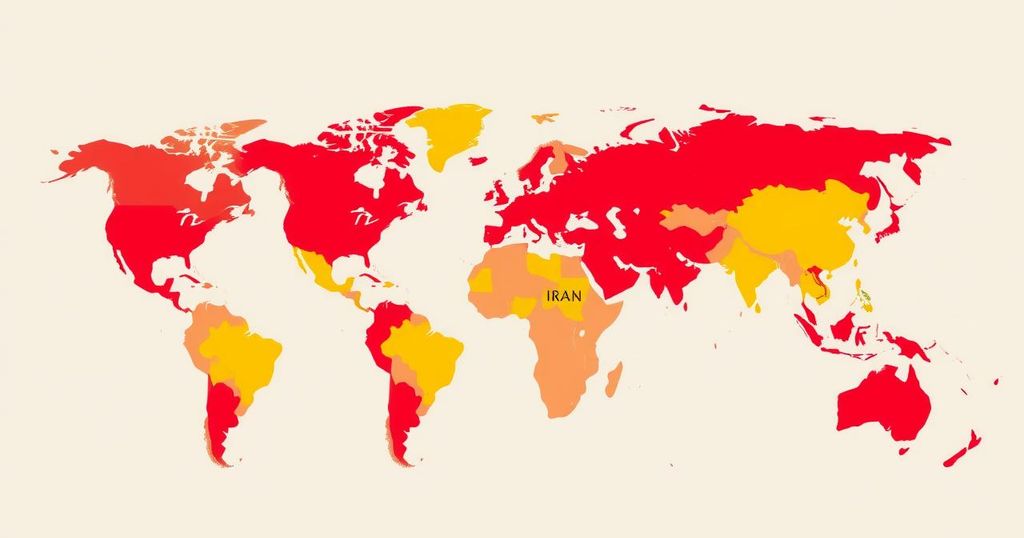The Trump administration plans new entry restrictions on several countries including Afghanistan, Pakistan, and Iran, following an Executive Order to assess security and vetting protocols. The policy aims to impose partial or full suspension of admissions, with numerous advocacy groups warning of the potential negative impacts, particularly on Afghan refugees. Civil rights organizations oppose these moves, deeming further restrictions unnecessary given existing stringent vetting procedures.
The Trump administration is preparing to implement new entry restrictions affecting individuals from Afghanistan, Pakistan, Iran, Libya, Somalia, Sudan, Syria, Yemen, Chad, North Korea, and Venezuela. This initiative follows an Executive Order issued on January 20, which mandates federal agencies to evaluate countries based on their security screening and vetting processes. The aim of the policy is to enhance entrance requirements, possibly leading to either partial or complete admissions suspensions from these nations. An official announcement regarding the affected countries is anticipated shortly.
During his first term, President Trump’s administration enacted various travel bans beginning in 2017, the first of which disproportionately impacted several Muslim-majority nations, prompting critics to label it a “Muslim Ban.” Despite facing significant opposition and legal challenges, the U.S. Supreme Court affirmed the third iteration of the ban in 2018, determining its validity within the President’s national security authority.
While the final designation of restricted countries remains unconfirmed, Afghanistan and Pakistan are under consideration for inclusion. Advocacy organizations, such as the International Refugee Admissions Project (IRAP), have raised alarms about the potential repercussions of these restrictions, particularly for Afghan refugees, including holders of Special Immigrant Visas (SIVs), who are escaping persecution from the Taliban.
Reports suggest that Pakistan is under scrutiny due to security challenges and potential deficiencies in its vetting protocols. Should Pakistan be included, thousands of Pakistani nationals seeking U.S. visas could be adversely impacted by this policy.
There has been immediate opposition from civil rights groups, such as the American Civil Liberties Union (ACLU), who argue that these proposed restrictions would be unjustified. Critics maintain that the existing screening measures employed by the State Department and the Department of Homeland Security (DHS) are already among the most stringent in the world, rendering further restrictions unwarranted.
Currently, the Trump administration is working on finalizing the list of nations that may be subject to new entry restrictions as part of a reassessment of security and vetting procedures. Under the Executive Order, the State Department and DHS have 60 days to complete this process, with an official announcement likely to be made soon.
In conclusion, the Trump administration is poised to impose additional entry restrictions on several nations, including Afghanistan, Pakistan, and others, citing security concerns. This policy follows a troubling precedent set during previous travel bans deemed discriminatory by critics. Advocacy groups warn of severe consequences for vulnerable populations, particularly Afghan refugees. As the administration approaches its deadline for finalizing the list, concerns from civil rights organizations and the implications for U.S. immigration policy remain pressing.
Original Source: www.travelandtourworld.com






